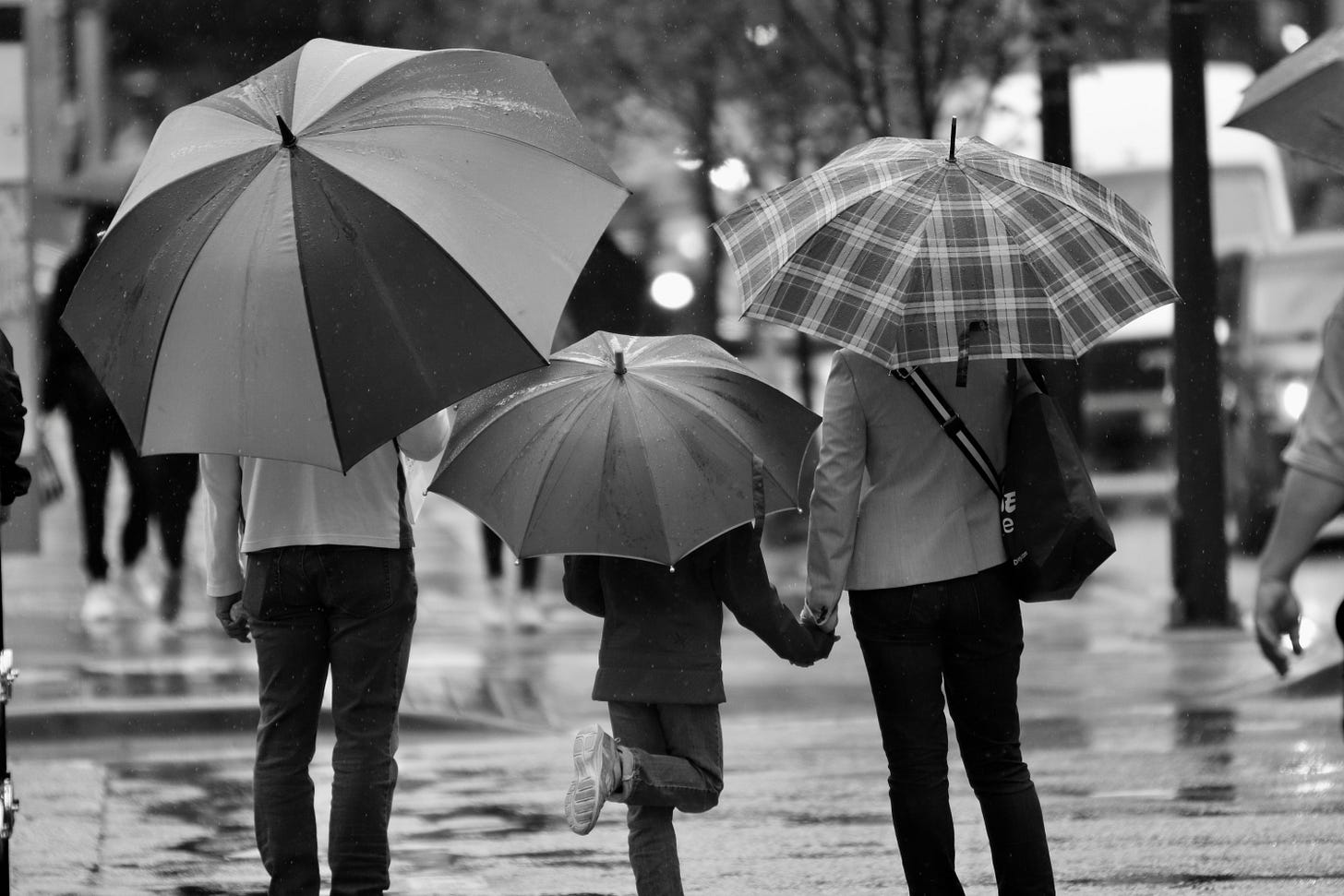Benipal & Minhas: Intergenerational Trauma & Its Impact On Parenting Practices In The Sikh-Punjabi Community
The health and well-being of our children needs to be valued and reframed in a way that honours our caregiving values and cultural perspectives
Pardeep Kaur Benipal, BSc BA MSc(C)
Ripudaman Singh Minhas, MD MPH FRCPC
March 22, 2022 | 2.5 min. read | Opinion
In the Sikh-Punjabi community, the parent-child relationship is deeply rooted in faith, history, and culture. The health and well-being of our children needs to be valued and reframed in a way that honours our caregiving values and cultural perspectives. As experts in parenting and child development, we describe why culturally sensitive parenting supports are urgently needed for the Sikh-Punjabi community by discussing the impact of intergenerational trauma, the inadequacy of existing parenting supports, and what is needed to bridge the gap and collectively move our community forward.
The Sikh-Punjabi community has a deep history of trauma, the impacts of which have not been thoroughly investigated and addressed. We know that communal trauma can have intergenerational repercussions. Historically, our ancestors had raised children cooperatively, with a broad support network of caregivers.
For many families, these rich parenting communities and traditions have been fragmented through migration and resettlement, colonization, enslavement, and genocide. The colonial legacies of misogyny, capitalism, racism, casteism and colourism remain ever-present within the Sikh-Punjabi community and impact how we see ourselves and how we raise our families.
Although the Sikh-Punjabi community has continued to display immense resilience and attempted to remain in chardi kala, families who are stressed, traumatized, and separated, experience changes in their parenting behaviours. Parents’ trauma can manifest in parents who are: hypervigilant, depressed, mistrustful, disconnected, highly reactive, overly punitive, confrontational, or compensatory and permissive of their children.
The impacts of trauma can be intergenerational and can take more than three generations to fade. For the Punjabi community, this trauma has appeared as disorders with substance use, intimate partner violence, mistrust of institutions, internalized racism, and overly cautious parenting. The impact that continues into the next generation is also evident, with confusion around approval, belonging, identity, attachment, and concerns like eating disorders, substance use, or anxiety in the struggle to cope or exert control.
Child development research demonstrates that improved early childhood experiences through parenting resources, empowering communities, mental health supports, therapy and childcare improves school performance and educational attainment outcomes. This, in turn, allows for improved employment and economic outcomes for individuals and communities. This allows that individual to build a safe, well-resourced home for their own children in the future - breaking the cycle of trauma and adversity.
However, existing parent support programs and resources have been created with Eurocentric, colonial frameworks of mental health and parent-child relations. These do not account for cultural or religious identity, linguistic differences, and perspectives specific to Sikh-Punjabi families. They are not designed with consultation of community members, elders, or leaders - making them prescriptive, culturally incongruent, and possibly oppressive.
Parenting resources need to be reframed so that they are inclusive, culturally sensitive, diverse, and empowering. Parenting resources should be designed with the participation of representatives from the Sikh-Punjabi community and should employ an intersectional approach to emphasize the inclusion of voices that are underrepresented, such as: women (particularly younger women), elders, youth, those with disabilities, and diverse caste identities.
Our children’s health and well-being require that we dismantle colonial legacies and revitalize Sikh-Punjabi caregiving values and practices, such as dharmic sangeet, kirtan and the art of storytelling and sakhis. This requires prioritization of community-driven initiatives, that centre the parenting strengths, values, and profiles of the Sikh-Punjabi diaspora. Underlying this, we must confront and address the enduring impacts of intergenerational trauma, as a painful legacy of our community’s experiences of colonization, migration, racism, and cycles of genocide.
Pardeep Kaur Benipal is an MSc student in Global Health who specializes in disease burden, challenges, and change. At Punjabi Kids’ Health, she is the research and community engagement lead.
Ripudaman Singh Minhas (he/him) is a Punjabi-Canadian Sikh, a father, a developmental pediatrician at St. Michael’s Hospital, Unity Health Toronto, and an Assistant Professor of Pediatrics in the Temerty Faculty of Medicine, University of Toronto. He is a co-founder and medical lead of Punjabi Kids’ Health.
Punjabi Kids’ Health, a free digital health promotion program on Instagram and TikTok (@PunjabiKidsHealth) co-created for the unique parenting profiles of Punjabi families and children.


